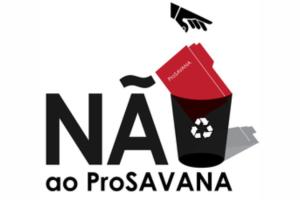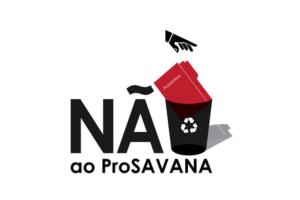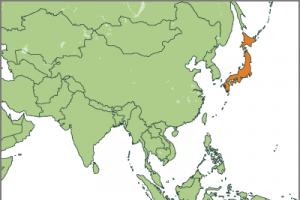Peasants’ movements and civil society organizations from Mozambique, Brazil and Japan met in Tokyo, Japan, in November 2018, for the fourth Triangular Peoples’ Conference against ProSAVANA.
Japan
Other information
22 December 2018
Other information
1 August 2008
WRM information sheets on GE tree research
First posted: 1 August 2008
Last update: July 2014
Tree species being manipulated:
Bulletin articles
5 December 2007
In the general public perception, trees are automatically associated with environmental benefits, and there is consumer demand for “cuddly” offset tree-related projects, as opposed to the type of industrial emissions reductions that have dominated the Clean Development Mechanism (CDM) market. It is estimated that some 40% of carbon credits generated in the voluntary market comes from tree-related projects.
Bulletin articles
19 June 2007
To the disappointment of some and the relief of others, tree plantation projects, particularly those involving large-scale monocultures, have been struggling to access a new subsidy offered by the Kyoto Protocol’s Clean Development Mechanism: in the three years since the rules for afforestation and reforestation projects were adopted, and after twelve rounds of baseline methodology submissions, only one plantation, in China, has been registered as a CDM project.
Other information
9 December 2005
In Ecuador three models of monoculture tree plantations coexist: the erroneously called “carbon sinks” belonging to the Dutch foundation FACE, the pine tree plantations in Andean communities promoted by organizations linked to the Church and the pulpwood plantation model. In this article we shall concentrate on this latter and more recent model.
Bulletin articles
14 July 2005
Between 17 June and 19 July 2005, Nippon Paper Group is asking for comments and suggestions on its draft "Philosophy and Basic Policy" on obtaining raw material for its pulp and paper mills. The company claims to be "engaging in a dialogue with stakeholders" and promises to publish responses to comments in September 2005 at the same time it publishes its "Philosophy and Basic Policy".
Bulletin articles
26 November 2004
GM trees are not a result of evolution. They are the result of decisions taken at institutional and corporate levels for their development and deployment. Companies, research institutions and universities work together closely on this. Companies fund university research departments, and influence what type of research is carried out.
Bulletin articles
11 August 2001
In spite of the potentially devastating impacts it might entail, Japanese paper manufacturers are carrying out research on genetic engineering aimed at the "creation" of trees yielding more cellulose.
Bulletin articles
12 July 2001
The news have reached the entire world: the Kyoto Protocol has been saved! In spite of this information being formally true, it hides the fact that this does not mean that the planet's climate has been saved, which is the real issue at stake. On the contrary, as it now stands, while not solving the problem it was intended to address, the Kyoto Protocol will impose further impacts on local people through the implementation of carbon sink projects.
Bulletin articles
20 October 1999
Japan's Tokyo Electric Power Co. (Tepco) has recently signed a letter of intent to participate in a tree plantation project promoted by the state agency State Forests of New South Wales, Australia, allegedly as part of its efforts to tackle global warming. New South Wales established a legal right last November on carbon sequestered from plantations. State forestry bodies in Australia have been looking to market their projects as sinks in the newly created "carbon offsets market" by the Kyoto Protocol. Such initiative is not the only one in the push of Australia to enter this market.




